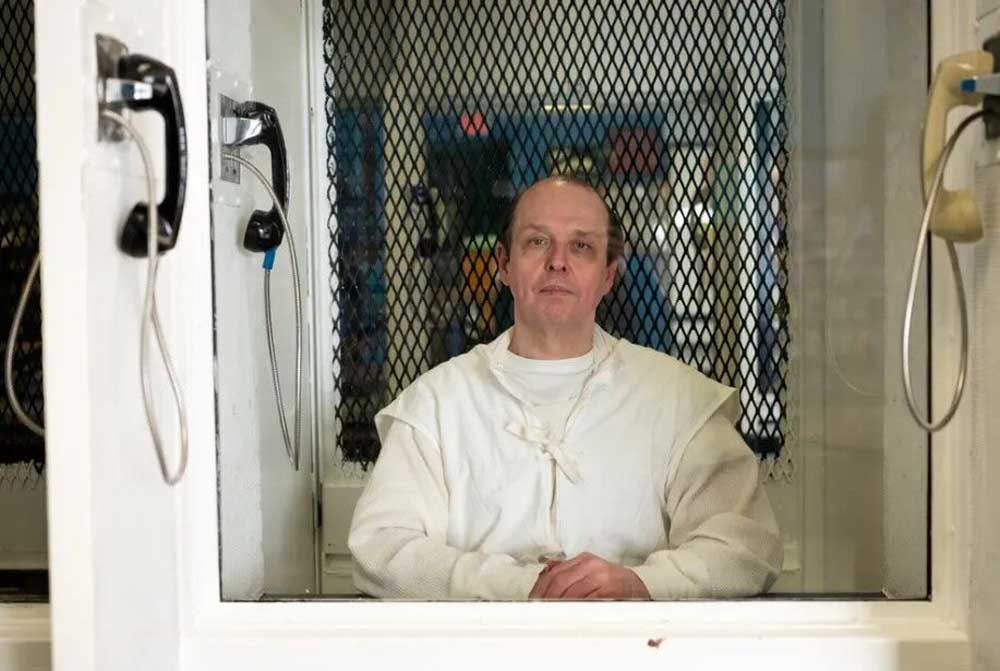Happy talk will not fix lagging economy
Published 6:43 pm Monday, January 18, 2016
The weakest part of President Barack Obama’s State of the Union address last week was when he tried to convince Americans that the economy is in better shape than they think.
Here’s what he’s missing – the economy is what people think.
Trending
“Anyone claiming that America’s economy is in decline is peddling fiction,” Obama said. “Now, what is true – and the reason that a lot of Americans feel anxious – is that the economy has been changing in profound ways, changes that started long before the Great Recession hit; changes that have not let up.”
The president is wrong. Americans do feel anxious, but it’s not just about change. And economic uncertainty isn’t just “fiction” being peddled by presidential candidates.
The economy – particularly the consumer spending portion – is very much a confidence game. We all base our willingness to make big purchases on our confidence that we’re going to still have our jobs in a few months, for example.
And what’s undermined consumer confidence the entire time Obama has been in office is economic uncertainty. We just don’t know what he’s going to do next. Obama’s executive orders and his administration’s fondness of making ever more regulations have had a real effect on investment and consumer behavior.
Economic uncertainty is the topic of a new paper from economists with Stanford, Northwestern and the University of Chicago.
“As measured by our index, we find that current levels of economic policy uncertainty are at extremely elevated levels compared to recent history,” they write in “Economic Policy Uncertainty.” “Since 2008, economic policy uncertainty has averaged about twice the level of the previous 23 years.”
Trending
Here’s just one example. There are nearly constant calls for an increase in the minimum wage at the federal level – and in some places, at the state level. That’s causing many firms to put off hiring decisions and in some cases, research robotic solutions to labor needs.
In fact, as CNBC reported, wage hikes have a cost.
“In a recent round-up of the research, labor economist David Neumark for the San Francisco Fed, wrote that among studies that find an effect, a reasonable estimate is that employment falls 0.1 to 0.2 percent for every 1 percent increase in the wage floor,” CNBC explains. “That comes out to about 100,000 to 200,000 jobs lost nationally from wage hikes since just before the Great Recession.”
That translates into less consumer spending and, more importantly, in lower consumer confidence.
As economists Scott Baker and Steven Davis wrote, “A major factor behind the weak recovery and gloomy outlook is a climate of policy-induced economic uncertainty. … The persistence of policy uncertainty wasn’t inevitable. Rather, it reflects deliberate policy decisions, harmful rhetorical attacks on business and ‘millionaires,” failure to tackle entitlement reforms and fiscal imbalances, and political brinkmanship.”
When a political figure like Obama has to try to convince us that the economy is doing better than we think, then he’s already lost the argument. People are nervous about the economy. No amount of happy talk from Washington is going to fix that.







